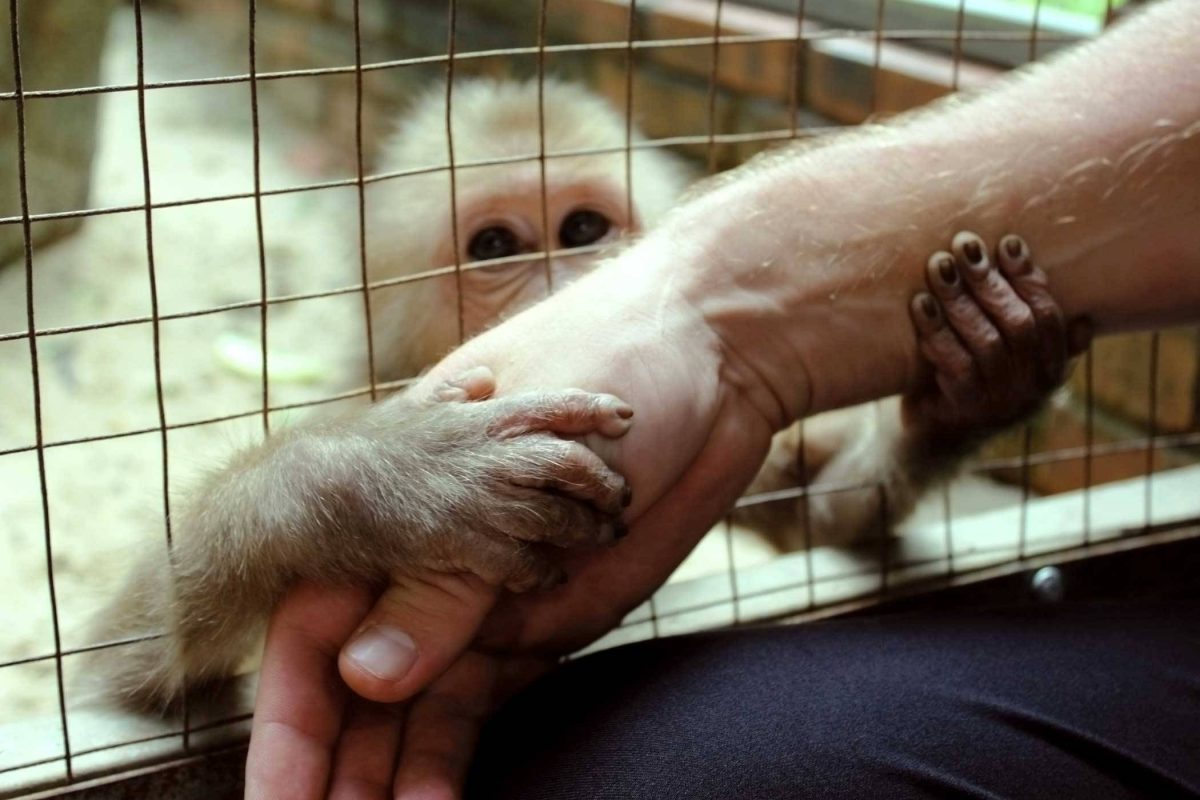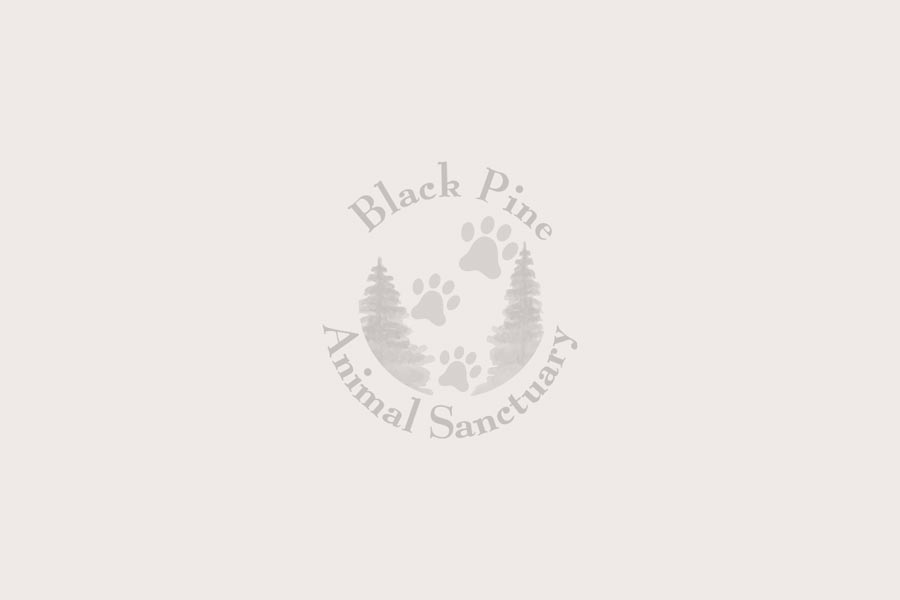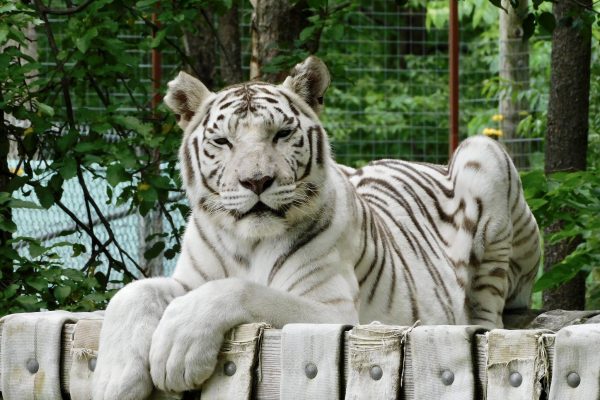
Millions of exotic animals are sold every year around the world. Most are sent to live in private citizen’s backyards and homes. Some exotic pets are bred in captivity, but more are captured from their native homes illegally.
Unfortunately, exotic pets are still popular for people to own in the United States. Most people who choose to purchase an exotic pet do so without knowing how dangerous it can be. The exotic pet trade is dangerous for animals and pet owners, while negatively affecting natural wild animal population growth.
What Types Of Animals Are Considered To Be An Exotic Pet?
The term “exotic pet” can cover a variety of animal types, depending on the context. Exotic pets can be birds, rodents, ferrets, rabbits, reptiles, frogs, hedgehogs, sugar gliders, kangaroos, potbellied pigs, and even larger cats like tigers.
A pet is usually identified as exotic if:
- They also exist in the wild
- They have unpredictable behaviors
- It can be considered potentially dangerous
Some of the most popular exotic pets in our country are tigers, monkeys, tropical birds, and reptiles.
Tigers As Exotic Pets
Unfortunately, an estimated 5,000 – 7,000 tigers live in captivity as exotic pets in the United States. Less than 4% live safely within breeding programs and habitats designed to preserve them from extinction.
Most tigers in the United States are kept in unsafe, unsanitary conditions at roadside zoos, circuses and private menageries. Tigers are not alone in being kept in unsafe conditions in our country, many other wildcats are suffering the same way.
Primates And Monkeys As Exotic Pets
When non-human primates are kept as pets, they become known for inflicting life-threatening injuries on their owners and spreading potentially dangerous diseases like tuberculosis and measles. An estimated 15,000 monkeys are currently in the United States as pets.
Owning An Exotic Pet Can Be Dangerous And Unhealthy
Wild animals can carry a variety of diseases and parasites that are dangerous to humans, especially if they are in close quarters as someone’s pet in their home. Owners of exotic animals often face the difficulty of finding a veterinarian qualified to treat their pet, causing many animals to go without the proper vaccinations to keep them and their owners safe.
These pets aren’t domesticated and often keep many of their instincts, despite being born in captivity. For example, pet owners who have large parrots or macaws often suffer from torn skin, and even severed fingers because these birds have a strong survival instinct.
If an exotic pet is released into the wild by its owner or escapes on its own, it often causes a danger to public health. They also cause problems to local ecosystems and can endanger local animal populations to the point of extinction.
When exotic animals don’t have proper oversight, communities often aren’t aware of them until tragedy strikes, when it could have been avoided in the first place.
How Black Pine Animal Sanctuary Helps
At Black Pine Animal Sanctuary, our mission is to provide refuge for captive-raised, displaced exotic animals for the rest of their lives. We are also dedicated to educating potential pet owners about safe, legal animal care and the importance of conservation.
Black Pine Animal Sanctuary has been able to help and provide a safe home for 250 animals since 1995. We do not breed, buy, sell, trade, or use our animals for financial gain. We are proud to be accredited by the Global Federation of Animal Sanctuaries.
How You Can Help
If you’d like to help Black Pine Animal Sanctuary continue our work of rescuing and caring for exotic animals, click here for more information.






